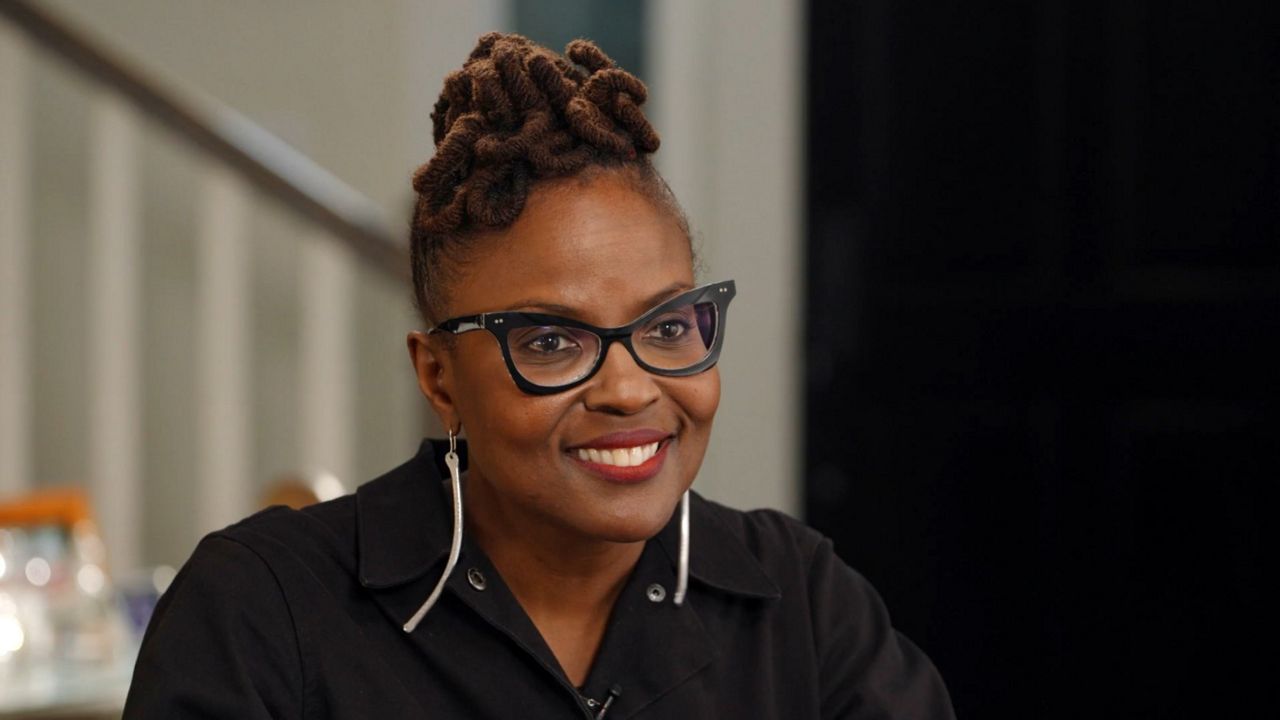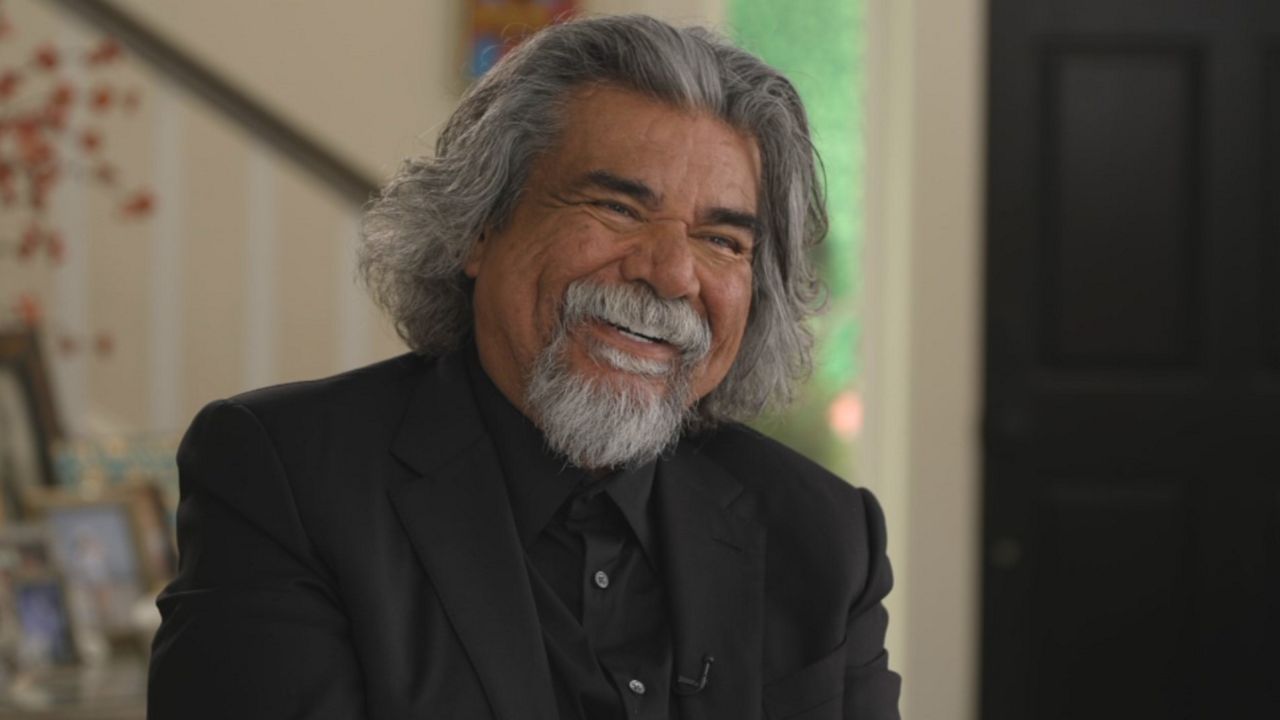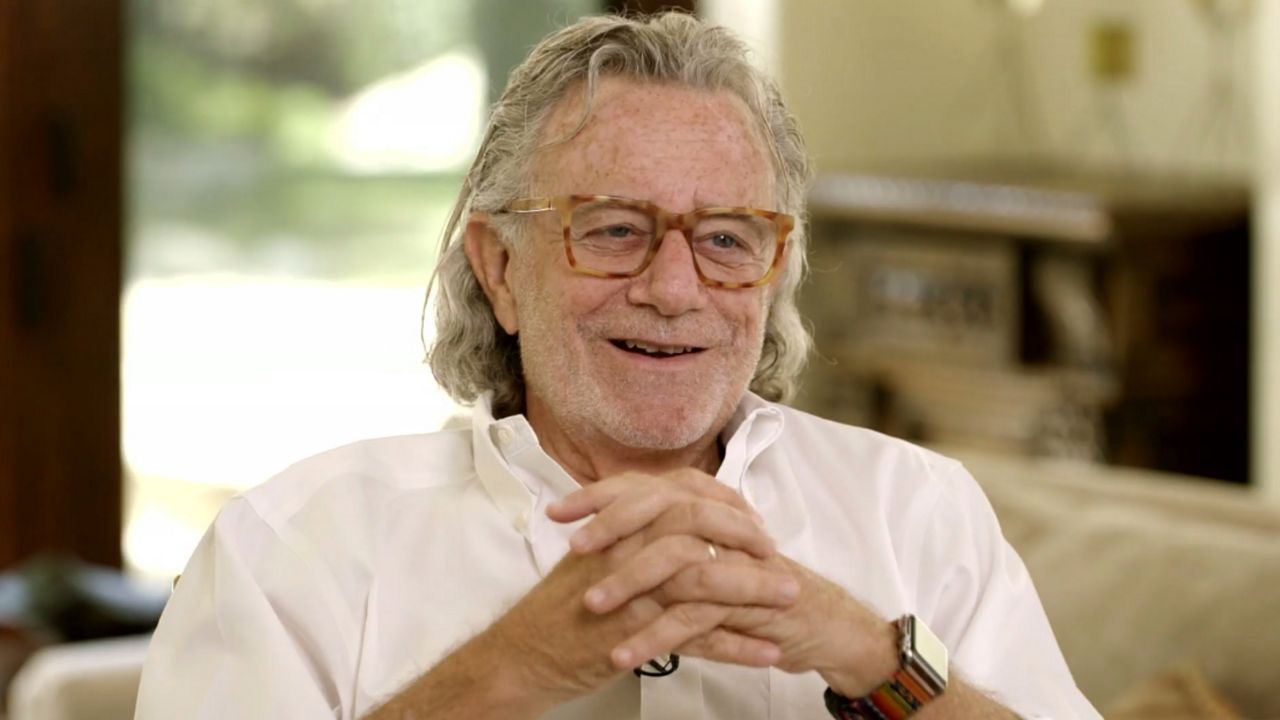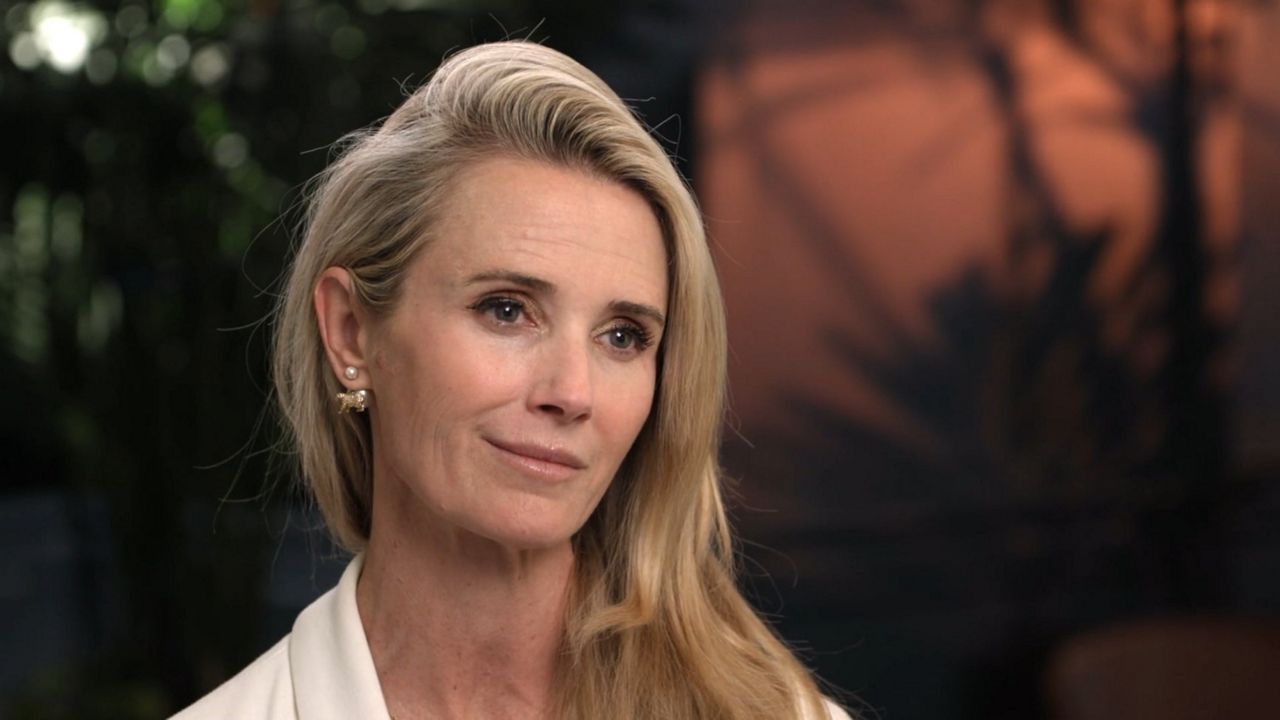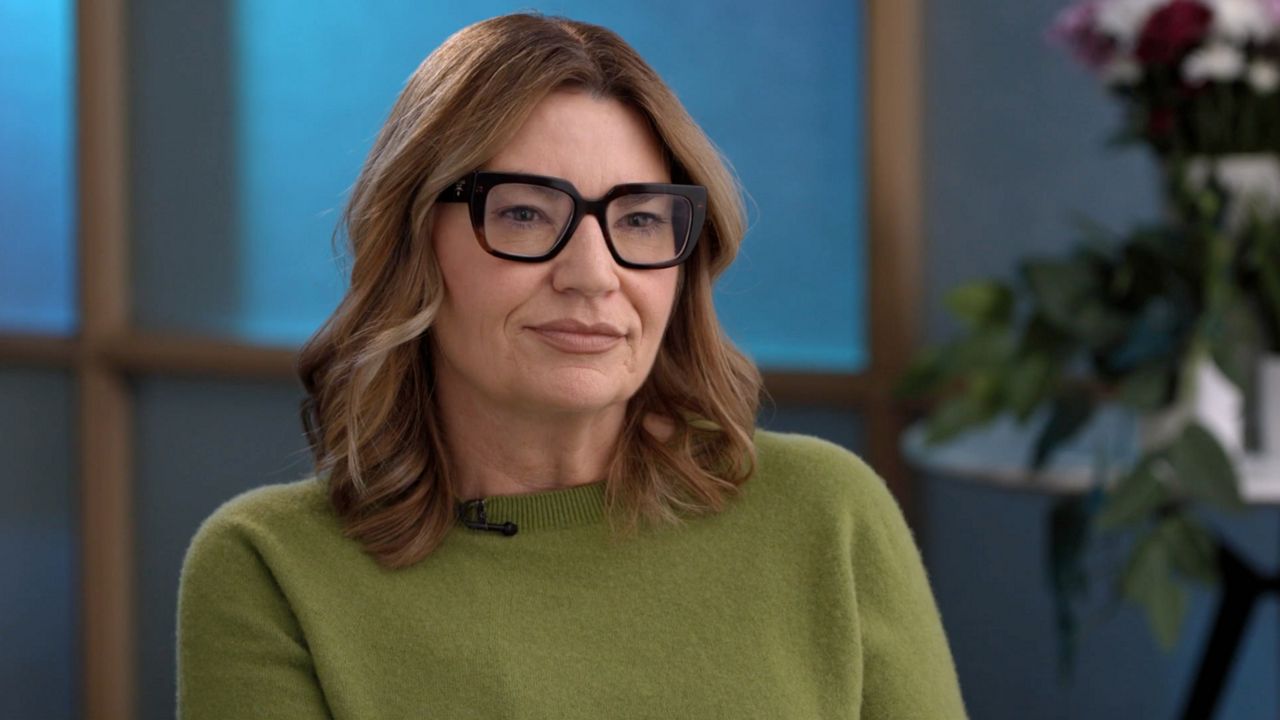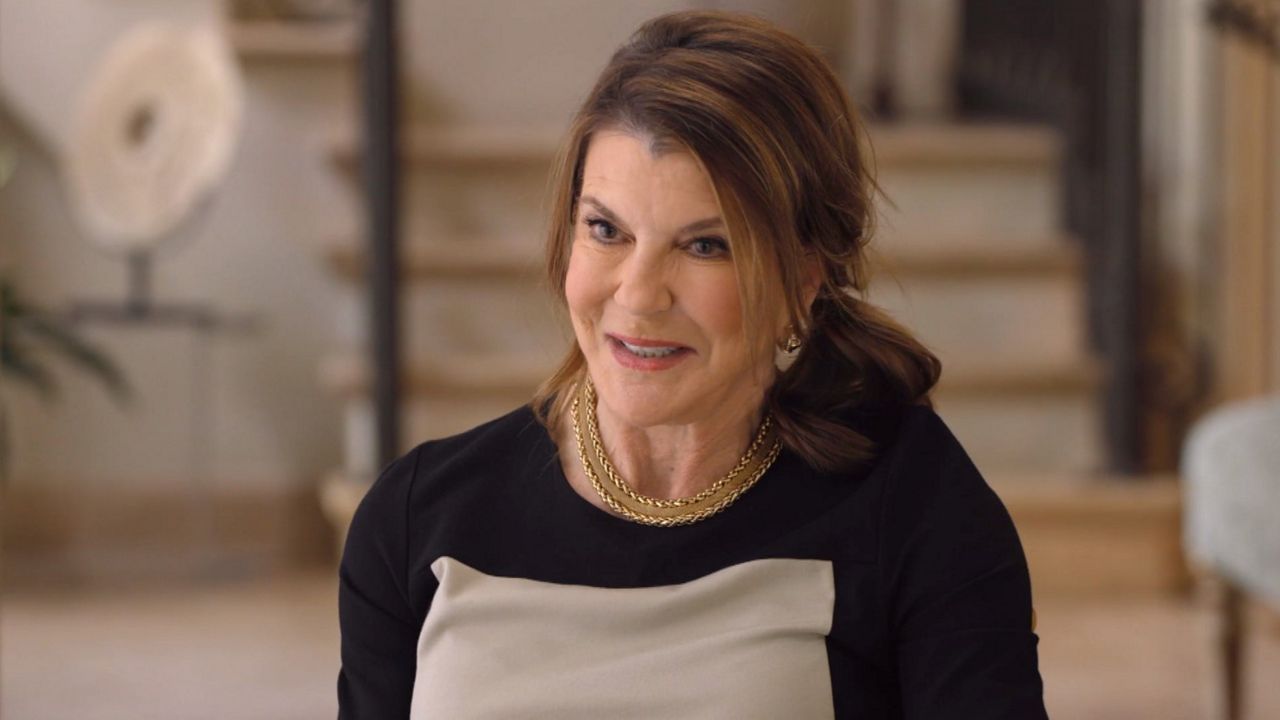Growing up in Santiago, Chile, Pablo Larraín says his first introduction to any form of art was through opera.
He went with his mother to the opera house, and the early musical experience left a lasting impression on him — especially the sounds of the great Maria Callas.
Larraín, who would later become one of Chile’s most prolific filmmakers, realized his dream of merging his love for cinema and opera when he had the opportunity to make a movie for Netflix about the legendary opera diva called “Maria,” starring Angelina Jolie.
It would be his third in a trilogy of films highlighting complicated, powerful women: He also directed "Jackie," based on the life of Jacqueline Kennedy Onassis, and "Spencer," based on Princess Diana.
“As I did with Diana and with Jackie, I really, really love their figures, and I embraced them,” he said, “They were very unique, vulnerable women that remained stoic up until the very last moment of their lives, and they were able to be who they were no matter who they had next to them.”
On the latest episode of “LA Stories with Giselle Fernandez," Larraín explains how these movies are an homage to his mother, who — like millions of women worldwide — felt a deep connection to these three women and the unique lives they led.
His mother helped fuel his passion for the arts as a young boy during a great conflict in Chile.
Larraín said he lived a privileged life in a sort of bubble, while others suffered under the rule of Chilean dictator Augusto Pinochet.
When he learned about those who experienced the horrors of the dictatorship, he struggled with the idea that he may have somehow benefited from it.
He made his first films in protest of the regime as a way to reconcile with history.
“I don’t want to tell anyone what’s wrong or right. You could decide it,” he said, “I just want to show you how absurd is violence and how… certain ideas around fascism or dictatorships that can be transformed over time.”
Larraín continues his filmmaking through his Chilean production company Fabula, which he created with his brother Juan de Dios.
Together, they hope to create a pipeline for diverse filmmakers, especially women, to preserve their Chilean culture and create a platform for up-and-coming artists.
To Larraín, Chile will always be home. He lives there full time, despite his internal battle with the country’s history.
“Some of those things that you dislike and that you wish would have been different… all the things that I had to struggle with became essential to my work and eventually made me stronger,” he said. “I live where I belong. You can move around, but that home is home and I don’t think I can replace that."
“Maria” will be available to stream on Netflix Dec. 11.








